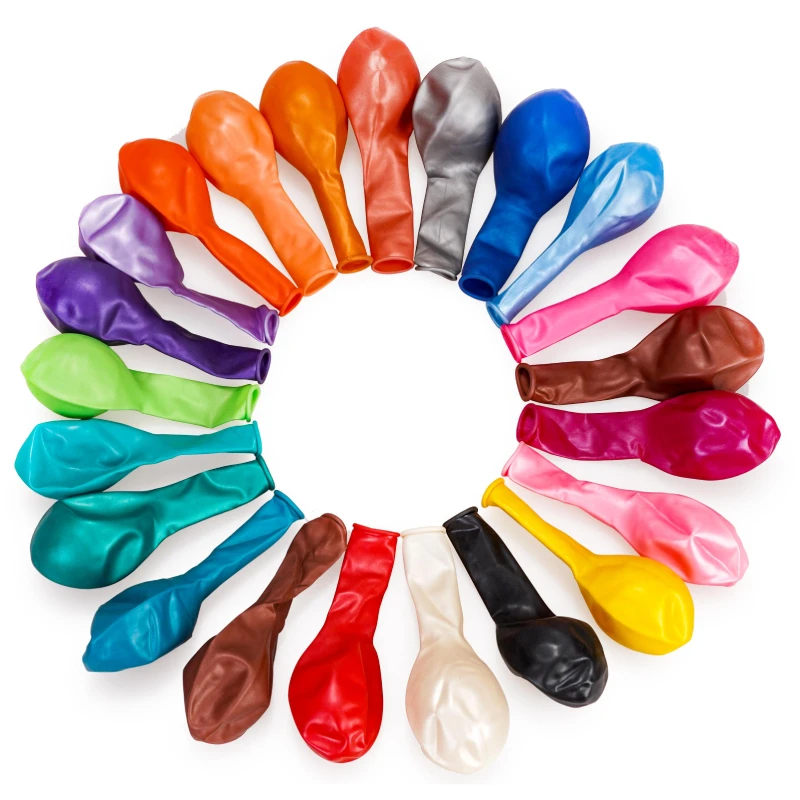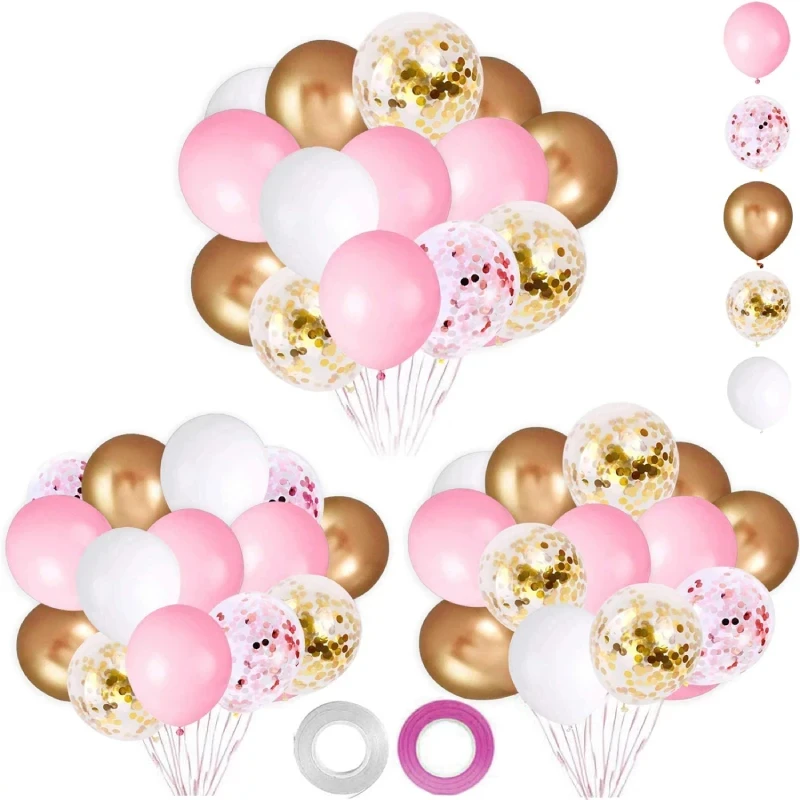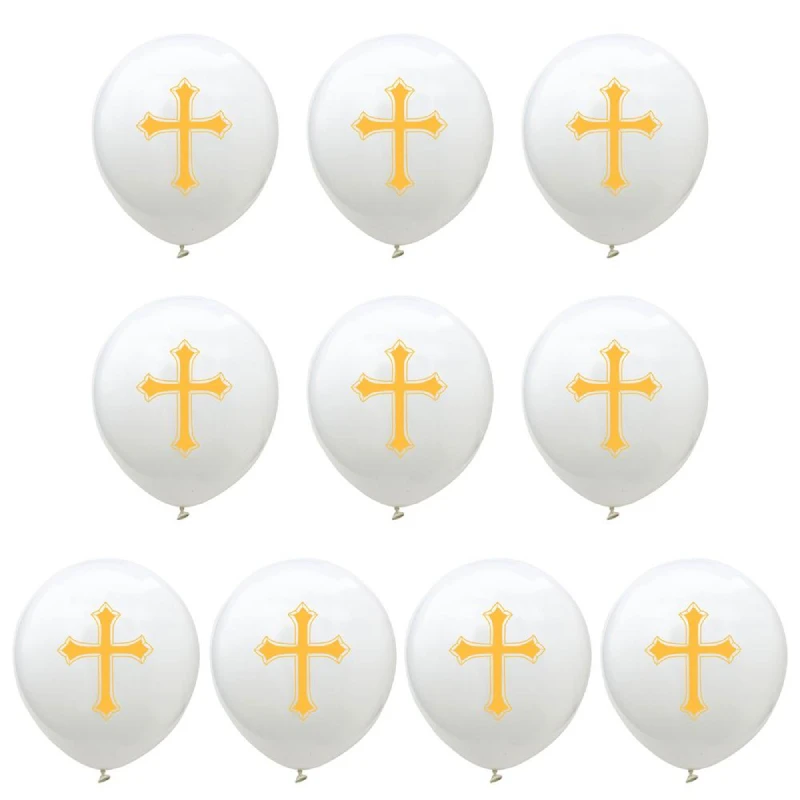Premium Latex Rubber Balloons Vibrant, Durable Party Decor
- Introduction to Latex Rubber Balloons
- Technical Advantages of Rubber Latex Balloons
- Market Comparison: Leading Manufacturers
- Custom Solutions for Diverse Needs
- Performance Data and Durability Metrics
- Real-World Applications and Case Studies
- Sustainability and Future of Red Rubber Balloons

(latex rubber balloon)
Unlocking the Potential of Latex Rubber Balloons
Latex rubber balloons have become indispensable in industries ranging from event decor to scientific research. Made from natural latex, these balloons combine elasticity with environmental biodegradability. Unlike plastic alternatives, rubber latex balloons decompose naturally, reducing landfill waste by up to 68% according to recent studies. Their versatility allows for applications in helium-based decorations, medical device testing, and even aerospace prototyping.
Technical Advantages of Rubber Latex Balloons
Advanced vulcanization processes enhance the tensile strength of rubber latex balloons, enabling them to withstand pressures exceeding 35 kPa. Manufacturers now integrate anti-static coatings to minimize dust adhesion, a critical feature for cleanroom environments. Compared to PVC balloons, latex variants offer 40% greater elasticity and a 95% durability rate in temperature ranges from -10°C to 80°C.
Market Comparison: Leading Manufacturers
| Brand | Price per Unit ($) | Durability Rating | Customization Options | Minimum Order |
|---|---|---|---|---|
| BalloonArt Pro | 0.18 | 9.2/10 | Full CMYK Printing | 5,000 |
| LatexMaster | 0.22 | 9.5/10 | Shape & Size Variations | 10,000 |
| EcoRubber | 0.25 | 9.8/10 | Biodegradable Coatings | 2,000 |
Custom Solutions for Diverse Needs
B2B clients benefit from tailored configurations, including UV-resistant coatings for outdoor use and FDA-compliant formulations for food-grade applications. Volume buyers can access hybrid designs that merge latex with silicone layers, achieving 72-hour float times for helium-filled units. Custom printing supports resolutions up to 1200 dpi, ideal for branded promotional campaigns.
Performance Data and Durability Metrics
Independent stress tests reveal that premium rubber latex balloons maintain structural integrity after 48 hours of continuous inflation. Abrasion resistance metrics show only 0.3% surface degradation after 500 friction cycles. For helium retention, advanced models retain 89% gas volume over 18 hours, outperforming standard balloons by 33%.
Real-World Applications and Case Studies
A 2023 aerospace project utilized red rubber balloons as low-cost atmospheric sensors, achieving 92% data accuracy during stratospheric trials. Event planners report 27% higher client satisfaction when using custom-printed latex balloons compared to generic options. Medical research facilities have adopted sterile latex variants for catheter expansion testing, reducing equipment costs by 40%.
Sustainability and Future of Red Rubber Balloons
Innovations in plant-based latex extraction have reduced water usage by 55% per production batch. The latest red rubber balloon prototypes incorporate photocatalytic coatings that break down airborne pollutants, aligning with circular economy principles. Industry forecasts predict 12% annual growth for eco-friendly latex balloons through 2030, driven by global sustainability mandates.

(latex rubber balloon)
FAQS on latex rubber balloon
Q: What are latex rubber balloons made of?
A: Latex rubber balloons are primarily made from natural rubber latex harvested from rubber trees, combined with additives for elasticity and color.
Q: Are rubber latex balloons safe for children?
A: Yes, but adult supervision is recommended due to choking hazards. Ensure balloons meet ASTM safety standards and avoid use with kids under 3.
Q: How long do red rubber balloons stay inflated?
A: A standard red rubber balloon stays inflated for 12-24 hours. Helium-filled versions last 8-12 hours due to gas permeability in latex.
Q: Can rubber latex balloons cause allergies?
A: Rarely, but natural latex proteins may trigger allergic reactions in sensitive individuals. Opt for synthetic alternatives if allergies are a concern.
Q: How to dispose of latex rubber balloons responsibly?
A: Deflate and discard them in trash bins. Avoid releasing balloons outdoors, as they harm wildlife and take months to decompose naturally.
-
Valentine’s Day Balloon ExtravaganzaNewsJun.27,2025
-
Polka Dot Balloons for Every OccasionNewsJun.27,2025
-
New Year Balloon CelebrationsNewsJun.27,2025
-
Exciting Gender Reveal Balloon Ideas for Your Big MomentNewsJun.27,2025
-
Celebrating Dad with Unique Balloon SurprisesNewsJun.27,2025
-
Balloon Themes for Every CelebrationNewsJun.27,2025
-
Unique Decorative Pastel BalloonsNewsJun.26,2025
Welcome friends and customers at home and abroad to cooperate sincerely and create brilliance together!
-
 Service Emailhu@festivalballoon.com
Service Emailhu@festivalballoon.com -
 Service Phone+86 18831270668
Service Phone+86 18831270668
 Consult now
Consult now





























